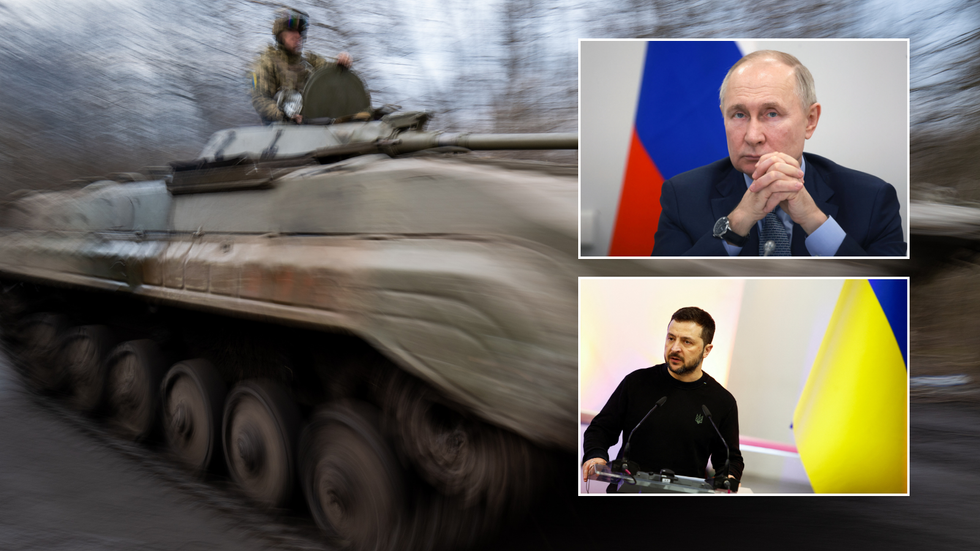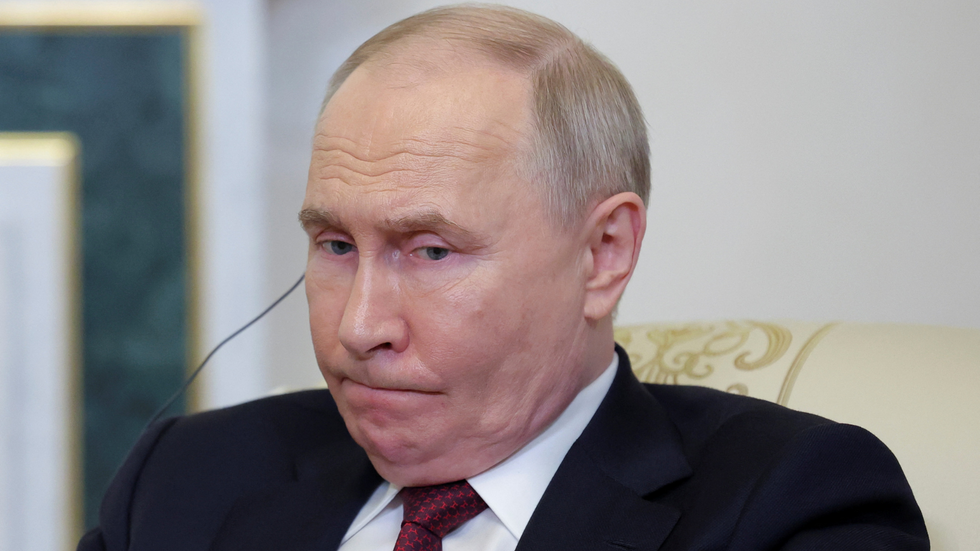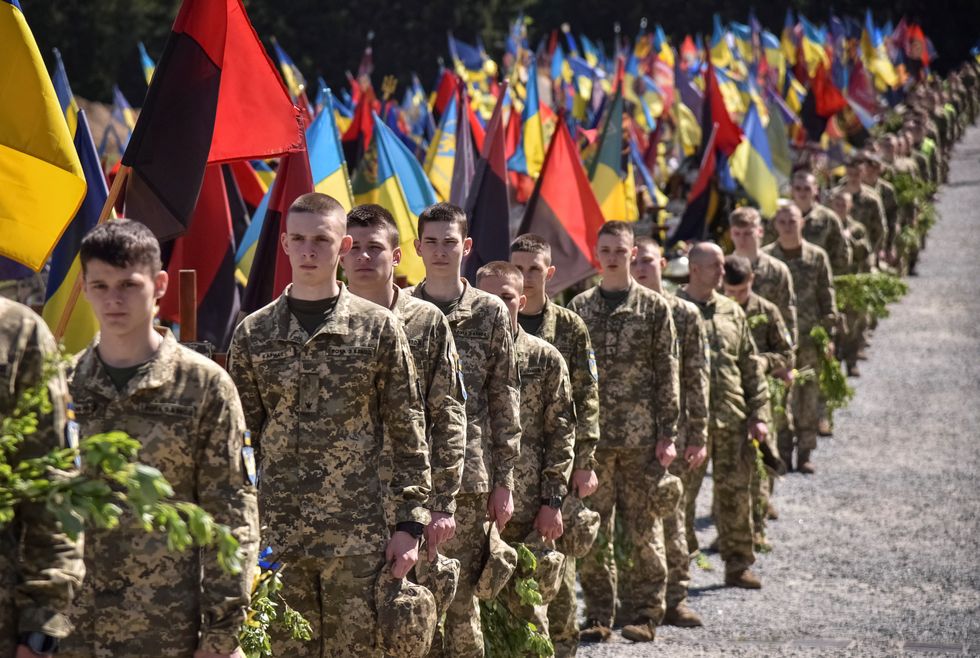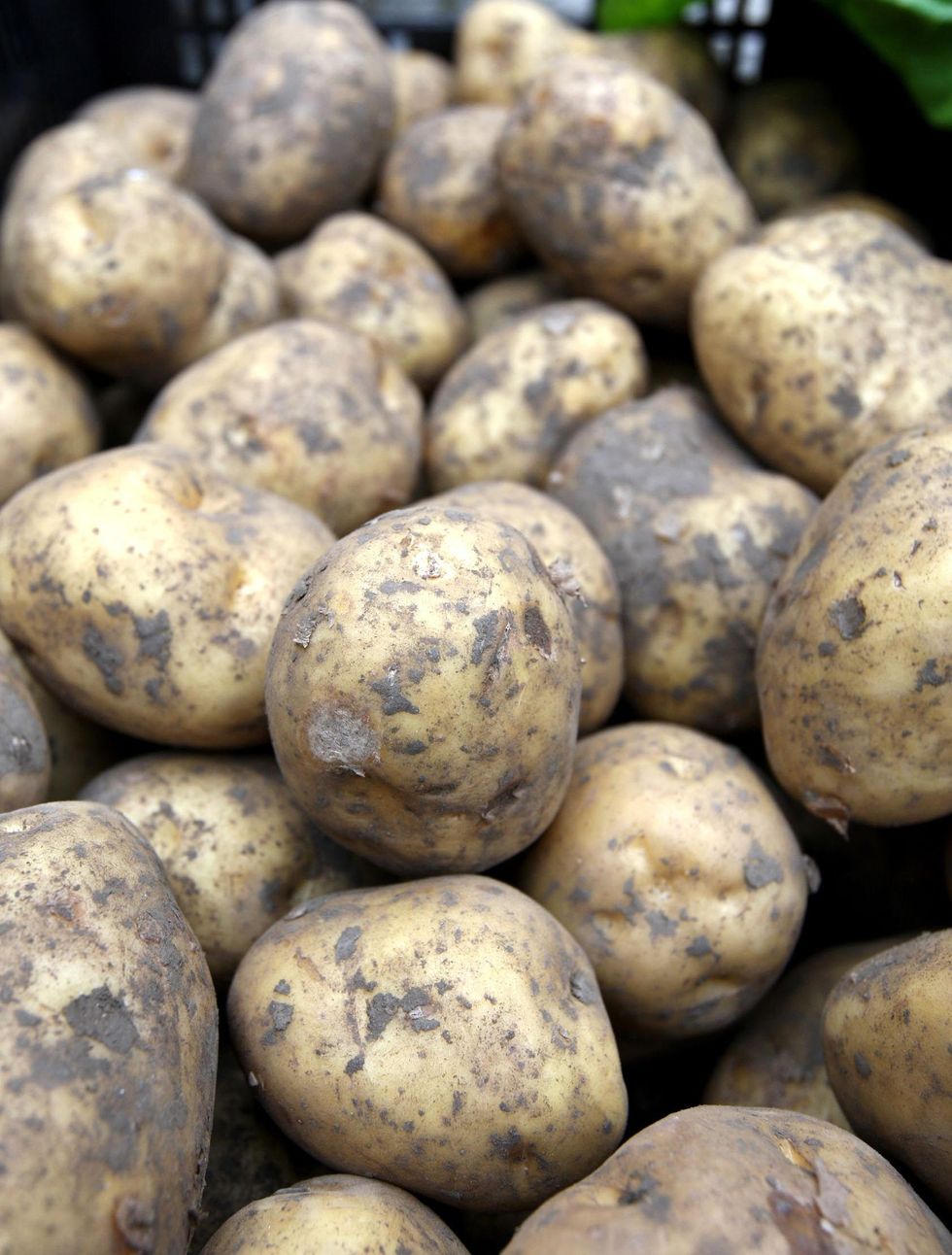James Heappey - Ukraine war ending is 'wishful thinking'
GB News
Moscow's economy is facing a huge number of challenges, including sanctions, inflation and a labour shortage
Don't Miss
Most Read
Trending on GB News
Russia is now “poorer than every EU economy” as the Ukraine war reaches its 1,000th day of conflict, the Foreign Office has claimed.
On February 24, 2022, Russian troops invaded Ukraine, resulting in an estimated one million people being killed or wounded, and the displacement of several millions more.
Both sides have declared that they will fight until victory, with Kyiv stating it will “never submit” warning that the world must not appeal to Vladimir Putin. Meanwhile, the Kremlin has made similar statements, and today approved an update on Russia’s nuclear doctrine.
One thousand days on, the British Foreign, Commonwealth and Development Office (FCDO) said that Russia is now weaker than every economy in the EU thanks to the ongoing conflict.

Russia is now 'poorer than every EU economy' as the Ukraine War reaches its 1,000th day of conflict
Getty/Reuters
It said in a statement: “In Russia, the Russian people are paying the price for Putin’s imperialism. Russia’s army has suffered over 700,000 casualties, with Russia’s daily casualties at their highest ever levels, while the cost of the war means Russia is now poorer than every EU economy by GDP per capita.”
Russia’s economy is facing a huge number of challenges, including sanctions, inflation and a labour shortage.
Earlier this week, Britain announced a new set of sanctions against Russia in an attempt to “strike at the heart of Putin's war machine”.
Foreign Secretary David Lammy announced 56 new measures, targeting industrial suppliers and mercenary groups operating in Africa in an attempt to shore up support for Ukraine.
RUSSIA LATEST:

Russia’s economy is facing a huge number of challenges, including sanctions, inflation and a labour shortage
ReutersHe said: “As Ukraine reaches the grim milestone of 1000 days of bravely defending against Putin’s illegal invasion, the UK’s support is iron-clad. With our international partners, we stand with Ukraine to confront Russian aggression and fight for freedom, liberty and victory.”
Desperate for money, many Russians are joining the army despite its high casualty rates. It is currently losing on average 2,000 men a day.
A source in Moscow who spoke to The Telegraph on condition of anonymity said that, for many Russians, joining the army is a risk worth taking.
“Russia is a poor country, people who live in small towns don’t have enough money for food. Often, two or three generations of one family live in one little flat. When people have a chance to do more, they go,” the source said.
Inflation is also skyrocketing, driven by the rapid rise in wages as the Kremlin pours billions into the military.
 Ukraine was invaded by Russia in February 2022Reuters
Ukraine was invaded by Russia in February 2022Reuters
The price of a kilogram of potatoes is at least 73 per cent more expensive than at the start of the year
PAThe price of a kilogram of potatoes is at least 73 per cent more expensive than at the start of the year, whilst the price of butter has risen by over 30 per cent, according to data released by the Federal Statistics Service on Thursday.
Companies outside of the defence sector cannot offer workers competitive salaries, so they instead raise prices.
“Prices are rising because of the war,” Alexandra Prokopenko at the Carnegie Russia Eurasia Center in Berlin told CNN.
“Demand in the economy is distorted in favour of unproductive spending. Wages rise because employers have to compete for labour.”
Putin said earlier this month that the Russian economy needs nearly one million new workers because of an unemployment rate of only 2.4 per cent. He identified the nation’s labour shortage as “currently one of the main obstacles to our economic growth”.
“We have about half a million people in construction - the industry will take 600,000 people and not even notice,” he told a think tank summit this month.








